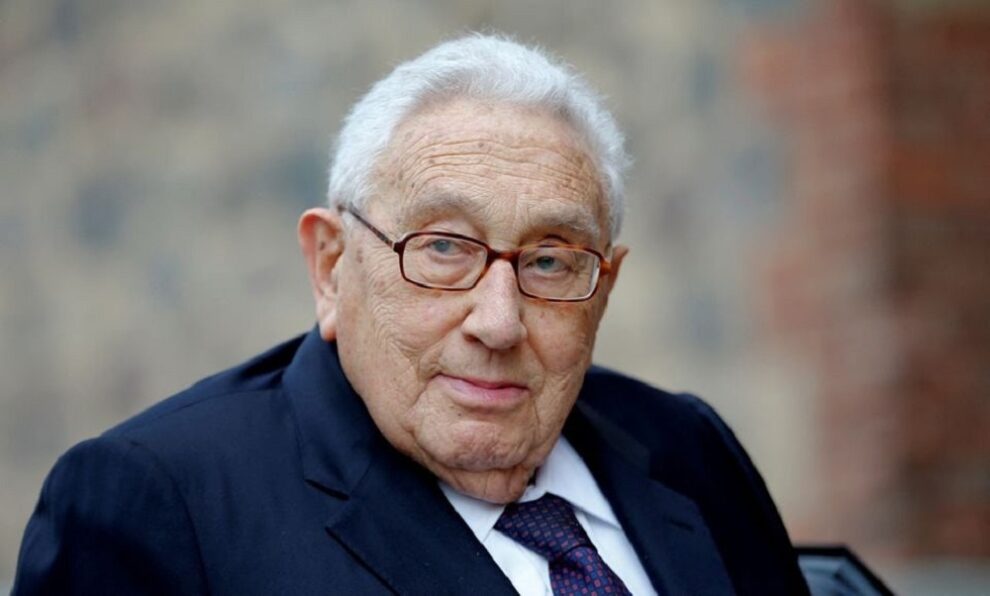SYDNEY, Nov 29 (Reuters) – Australia’s attorney general has approved foreign interference charges against an Australian marketing executive who worked in China, seven months after the man was arrested by police on his return from Shanghai.
Alexander Csergo, 55, who appeared on video link in a Sydney court on Wednesday, has been in custody since his arrest by Australian Federal Police in April at his mother’s beachside Bondi home.
He was the first person charged with “reckless foreign interference”, and the second person charged under a law that criminalises activity that helps a foreign power interfere with Australia’s sovereignty or national interests. It carries a maximum 15-year prison sentence.
Csergo has denied the allegations and has not yet entered a plea.
He is accused of accepting cash from suspected Chinese intelligence agents in exchange for writing reports on Australia, including its AUKUS nuclear submarine partnership with the United States and Britain, and lithium mining, while living in Shanghai.
Csergo’s lawyers have argued the reports were based on publicly available information and the case against him was shallow. They raised concerns about the broad scope of the foreign interference law, introduced in 2018.
Prosecutor Conor McCraith told the Sydney court a police brief and charges had been served on Tuesday.
“We needed the consent of the attorney general, which has been obtained,” McCraith told the court. A committal hearing date was set for Jan. 24.
Csergo had worked in China since 2002 in data marketing, and wrote the reports during the COVID-19 lockdown in Shanghai as a source of income when he was unable to leave China because of border restrictions, an earlier court hearing was told.
The court heard that Csergo told police in Australia he became anxious about two suspected Chinese intelligence agents, known as “Ken” and “Evelyn”, who made contact via the LinkedIn social media platform, and whom he later met in Shanghai cafes.
The court was told he arrived back in Australia with a “shopping list” of intelligence priorities.
Source : Reuters






































